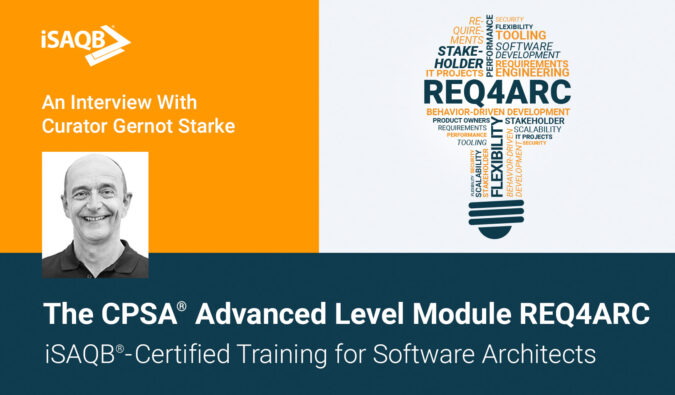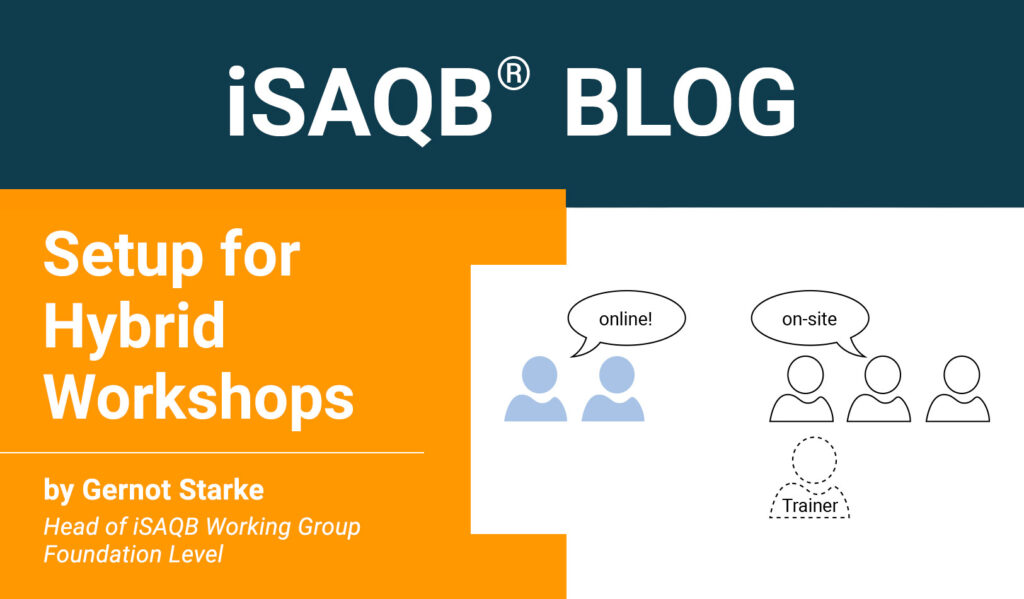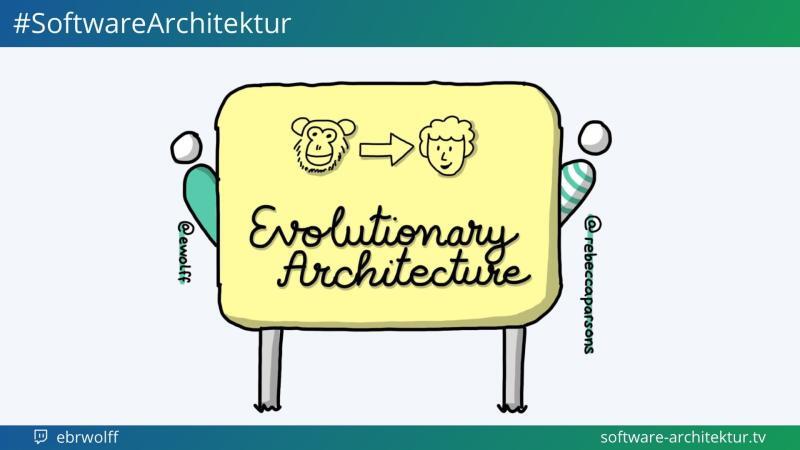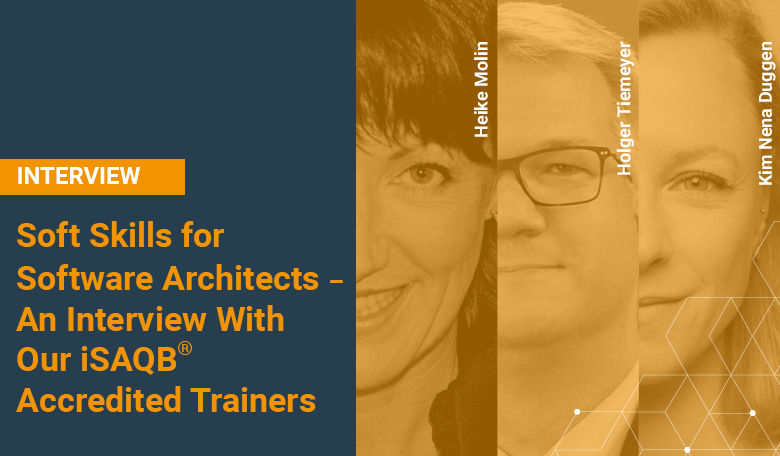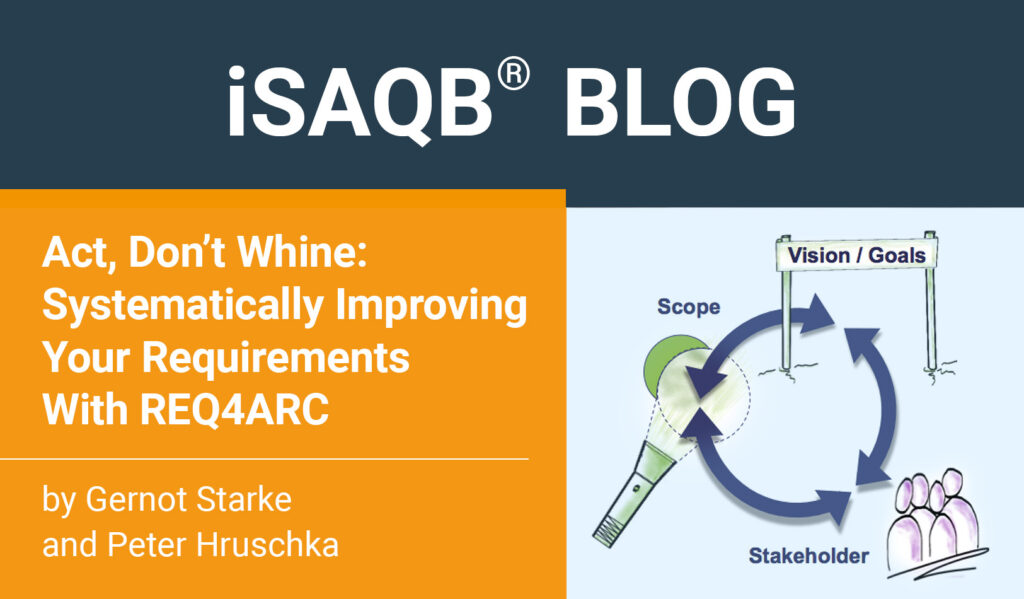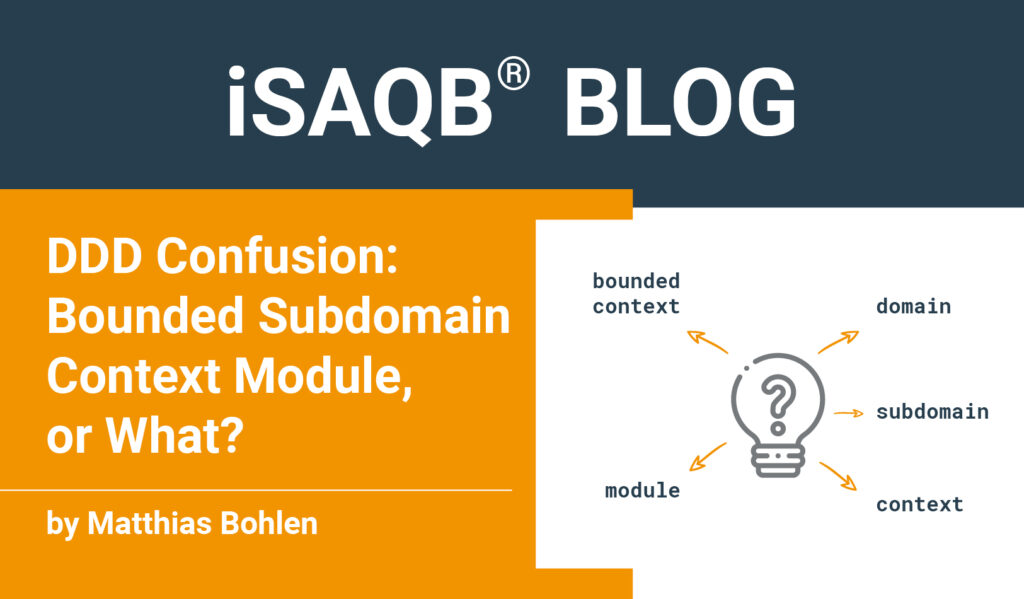Why Should I attend the CPSA® Advanced Training REQ4ARC (Requirements for Software Architects)?
An Interview With Curator Gernot Starke
The CPSA Advanced Level module REQ4ARC, one of 17 Advanced Level training options, concentrates on requirements for software architects. But what exactly is in it for participants?
The iSAQB member and curator of REQ4ARC, Gernot Starke, took the time to give a short interview about this module with some highly relevant questions concerning content, target group, professional practice, and also relations to other certifications.
Which problem does the module REQ4ARC solve?
If you want to bake a strawberry cake, you obviously need strawberries as a basic ingredient. With rotten strawberries, your cake will be a failure, just as if you used apples instead of strawberries. And without strawberries, it won’t work at all.
The case is similar with “requirements” for software development. With bad requirements, even the best development team cannot produce great software:
Even the best source code cannot compensate for bad, missing, contradicting, or overly vague requirements.
The REQ4ARC module condenses established approaches from requirements engineering into a pragmatic collection of practices and methods, immediately applicable into both new and ongoing IT development projects.
It enables participants to better support their product owners or similar requirements engineering roles.
Is this the right module for me? Which audience does REQ4ARC address?
Everybody who needs requirements for their professional roles within IT projects, in short:
Every member of development teams who is concerned with creating a successful IT system – developers, architects, testers, technical and product management.
This module is strictly tool- and vendor agnostic, therefore its content is applicable to all kinds of IT projects and systems.
How is the REQ4ARC training course relevant for my professional practice as a software architect?
REQ4ARC will definitely help in all of your development and engineering practice with two aspects:
- Analyze and evaluate given requirements: Whenever any stakeholder (e.g., product owner) delivers requirements (e.g., user stories, feature requests, or arbitrary entries on your Kanban board), you can determine if these requirements are good enough to support development, or if they need to be reworked.
- Support in elicitating and formulating requirements: You learn how to formulate and organize different kinds of requirements, starting from high-level goals down to (executable) details specifications.
Which skills do I acquire in this module, what exactly do I learn in this training course?
It all begins with the clean start, stakeholders, scoping, and the overall goals of a system: Missing stakeholders will lead to missing requirements, and therefore, REQ4ARC starts with considering stakeholders as the prime source of requirements.
Next, you will learn about functional requirements. In the beginning, an overview of high-level processes is more important than any detail. You will learn how to concentrate on that overview and drill down just in time – and thus to avoid too many details too early.
Another core aspect concerns quality requirements, like performance, scalability, flexibility, and security: These ilities have major impact on architectural and technical decisions and are therefore crucial for every development team. You learn how to methodically specify quality requirements and how to relate those to the systems’ functions.
Beside these core topics, REQ4ARC covers aspects like tooling (for managing, documenting, or modeling of requirements), behavior-driven development, and requirements planning.
The module REQ4ARC contains a lot of practical exercises: Most (if not all) of the topics covered within a course are supported by practice sessions where participants will dive deeply into the specific kinds of requirements in small groups.
How is REQ4ARC related to other certifications, such as IREB?
The iSAQB team which created the module REQ4ARC closely cooperated with the International Requirements Engineering Board (IREB) to avoid repetition and redundancy. REQ4ARC does by no means replace any IREB education or certification, but it summarizes the parts that are crucial for development roles like architects or developers.
(Fun fact: The president of the IREB even wrote the foreword to the REQ4ARC curriculum.)
You would like to learn more about the CPSA Advanced Level module REQ4ARC? Please visit the REQ4ARC module web page.
You would rather find and book a suitable REQ4ARC training course right away? Then check out our training calendar.
Share this article:
Related Posts
- « Previous
- 1
- 2
- 3
- 4
- Next »
About the Author

